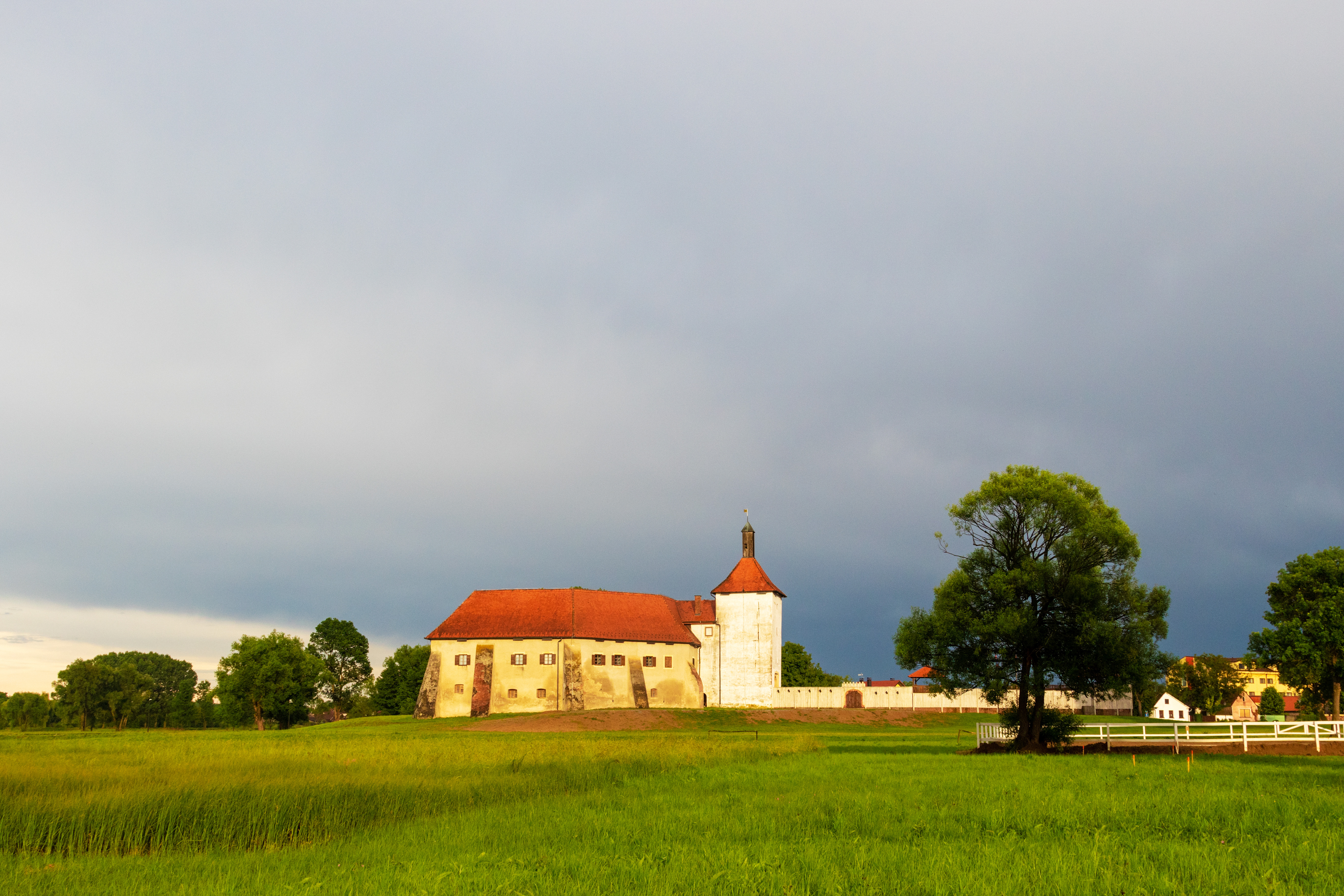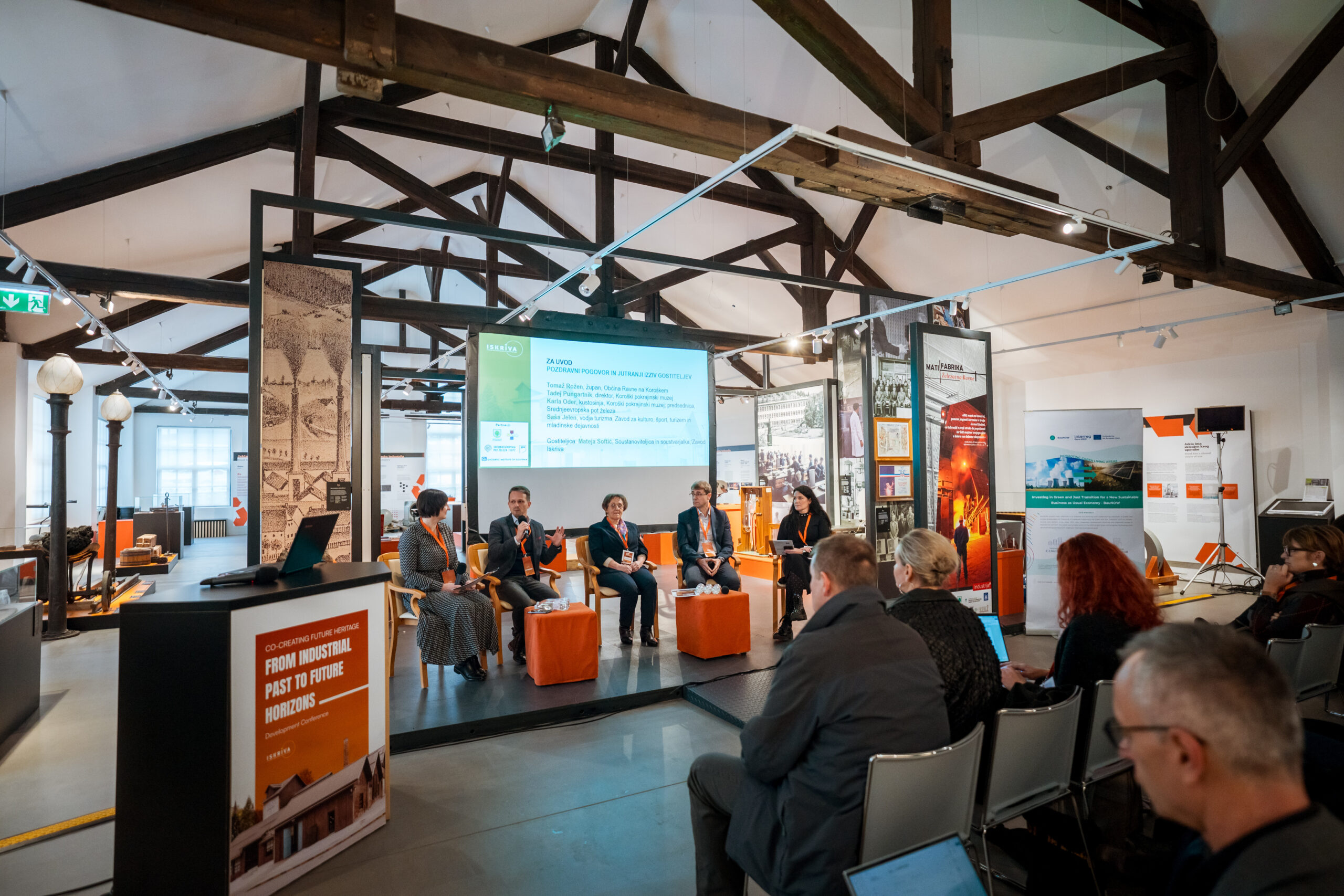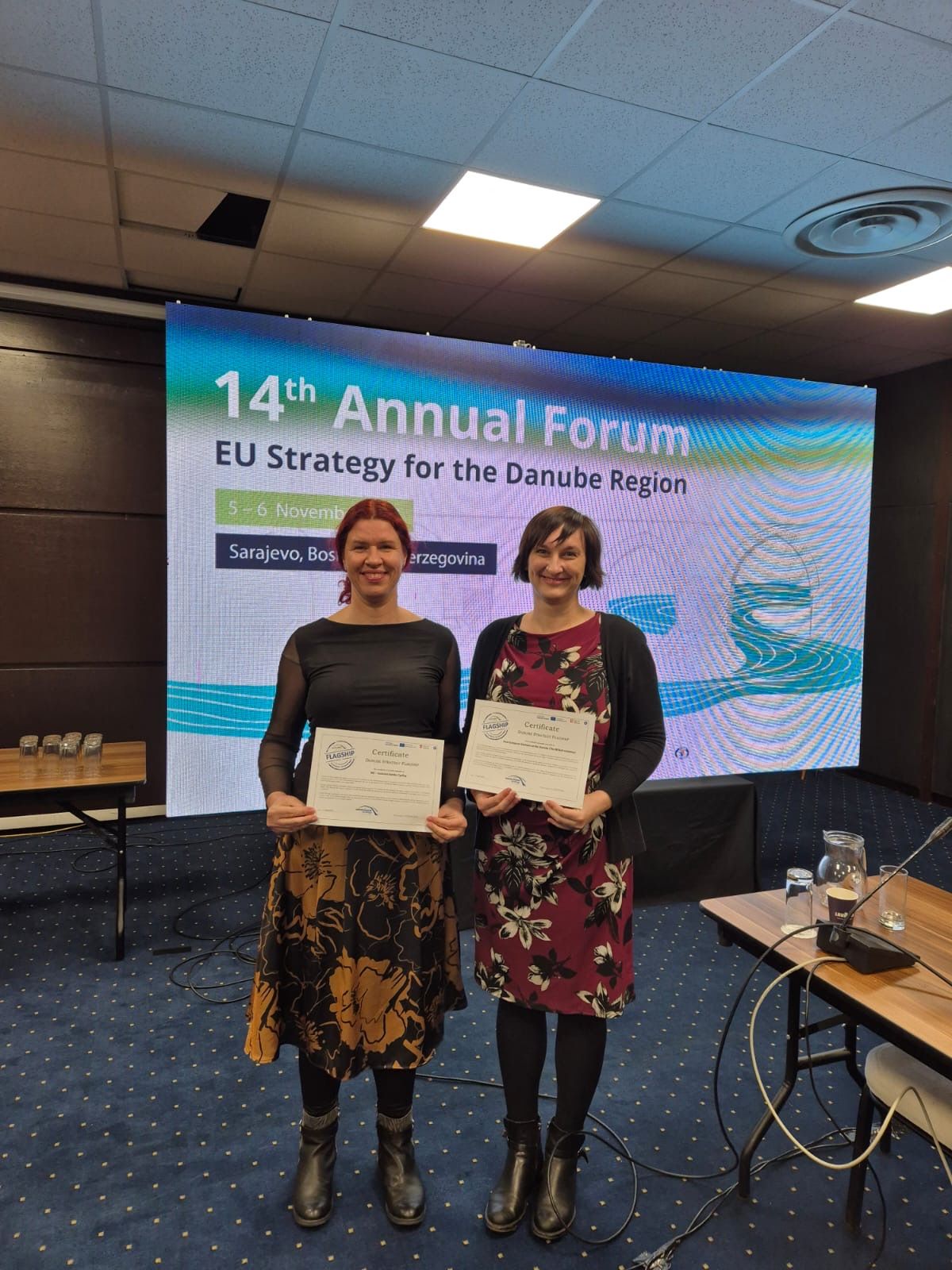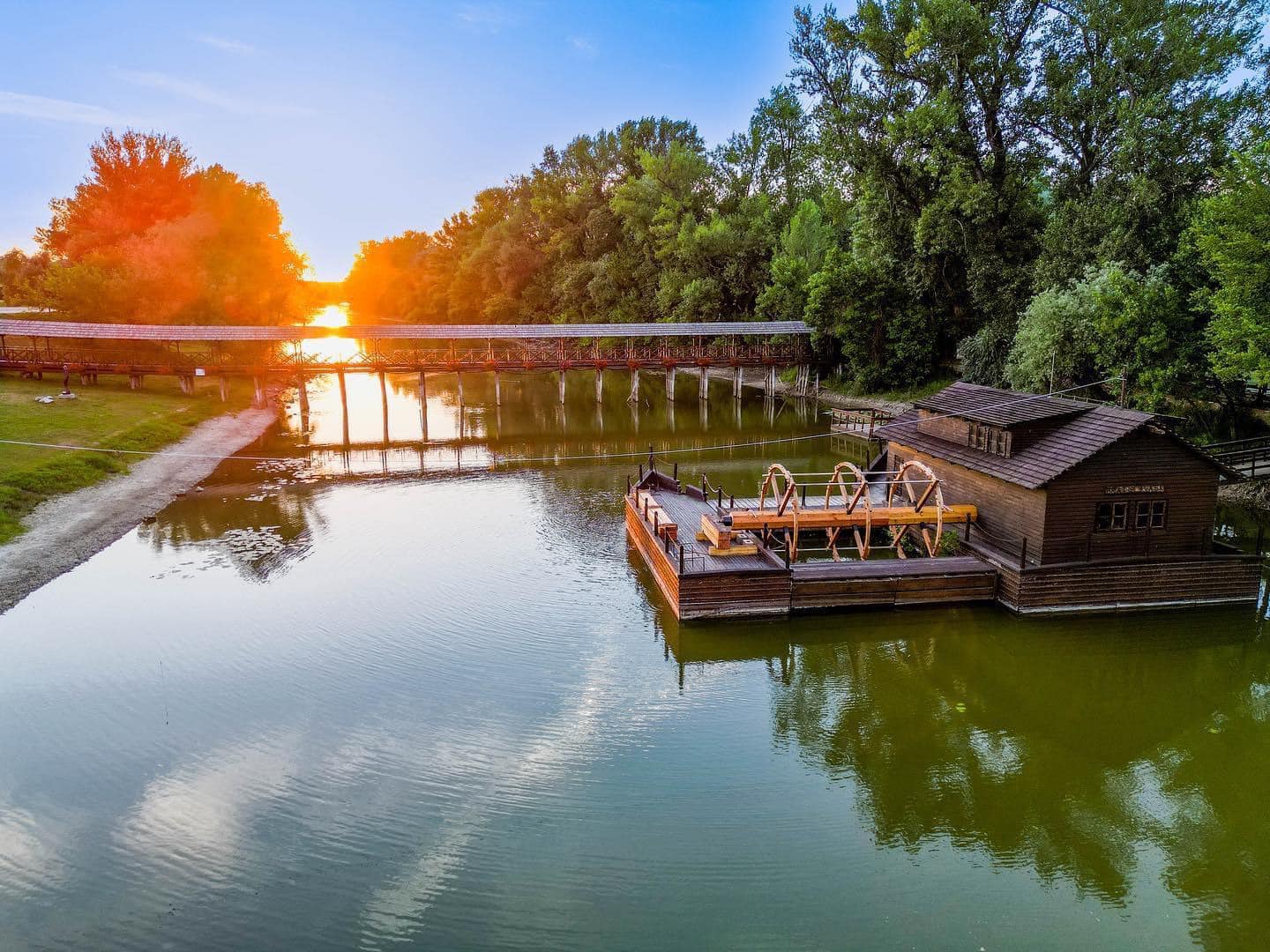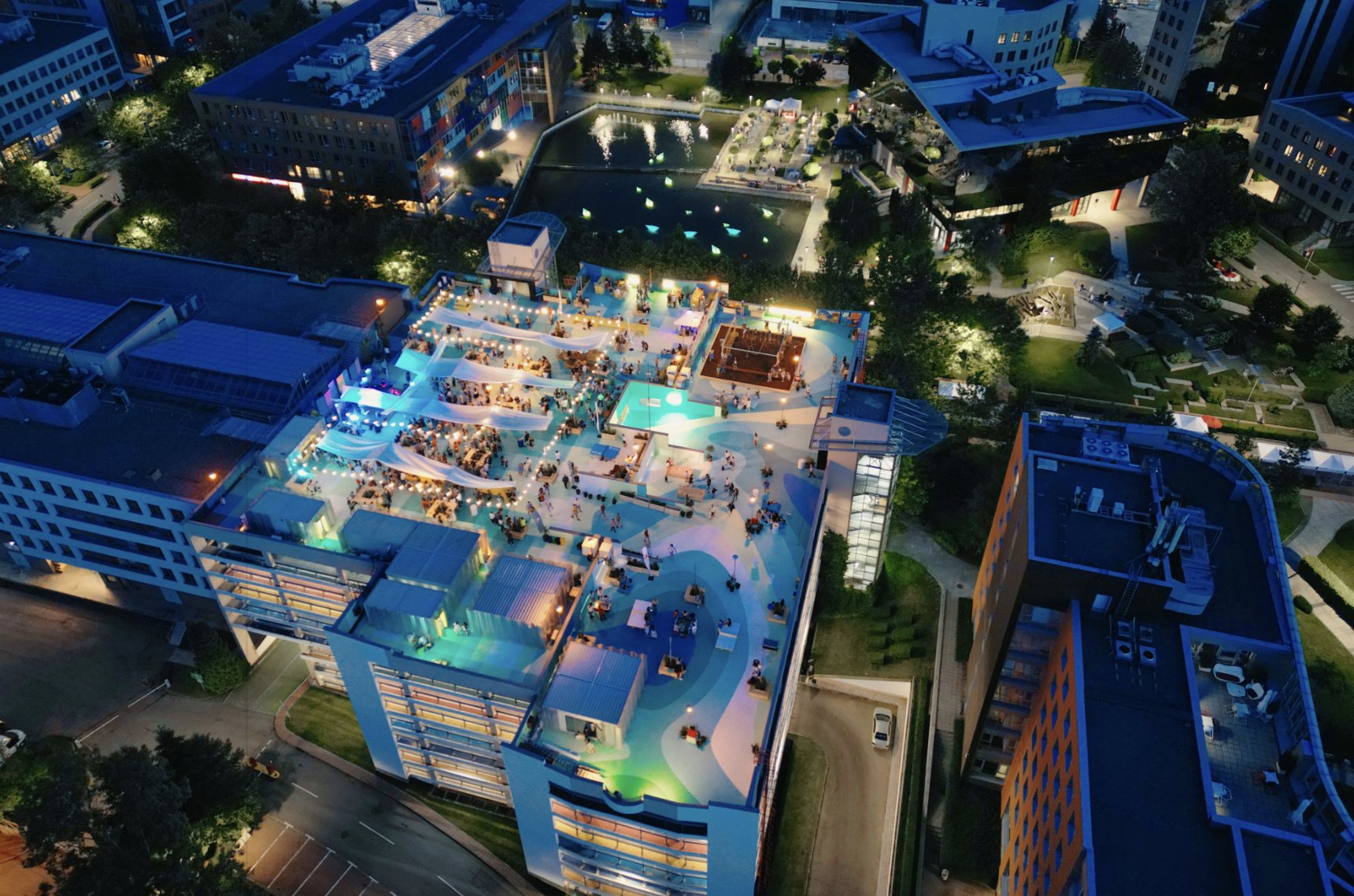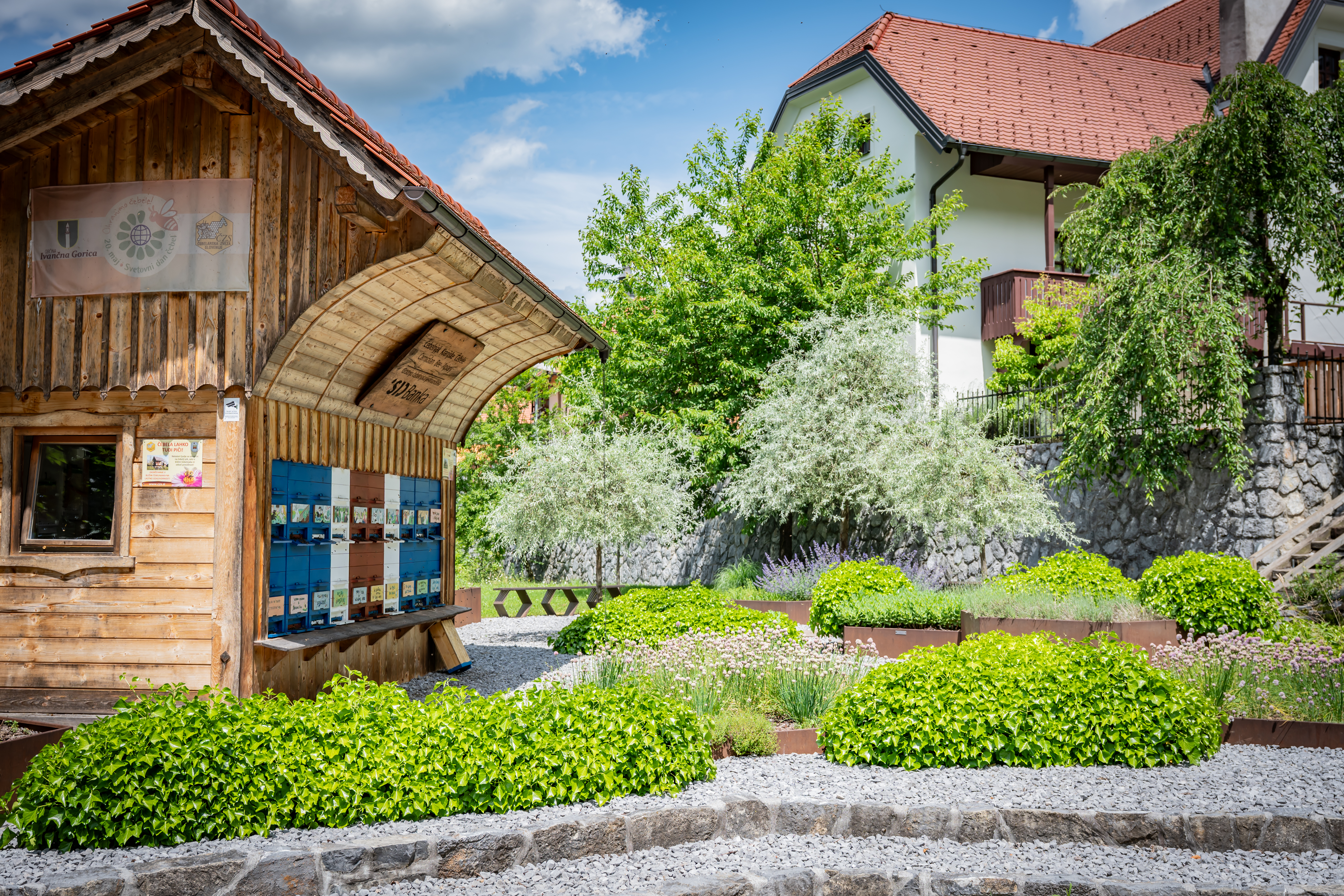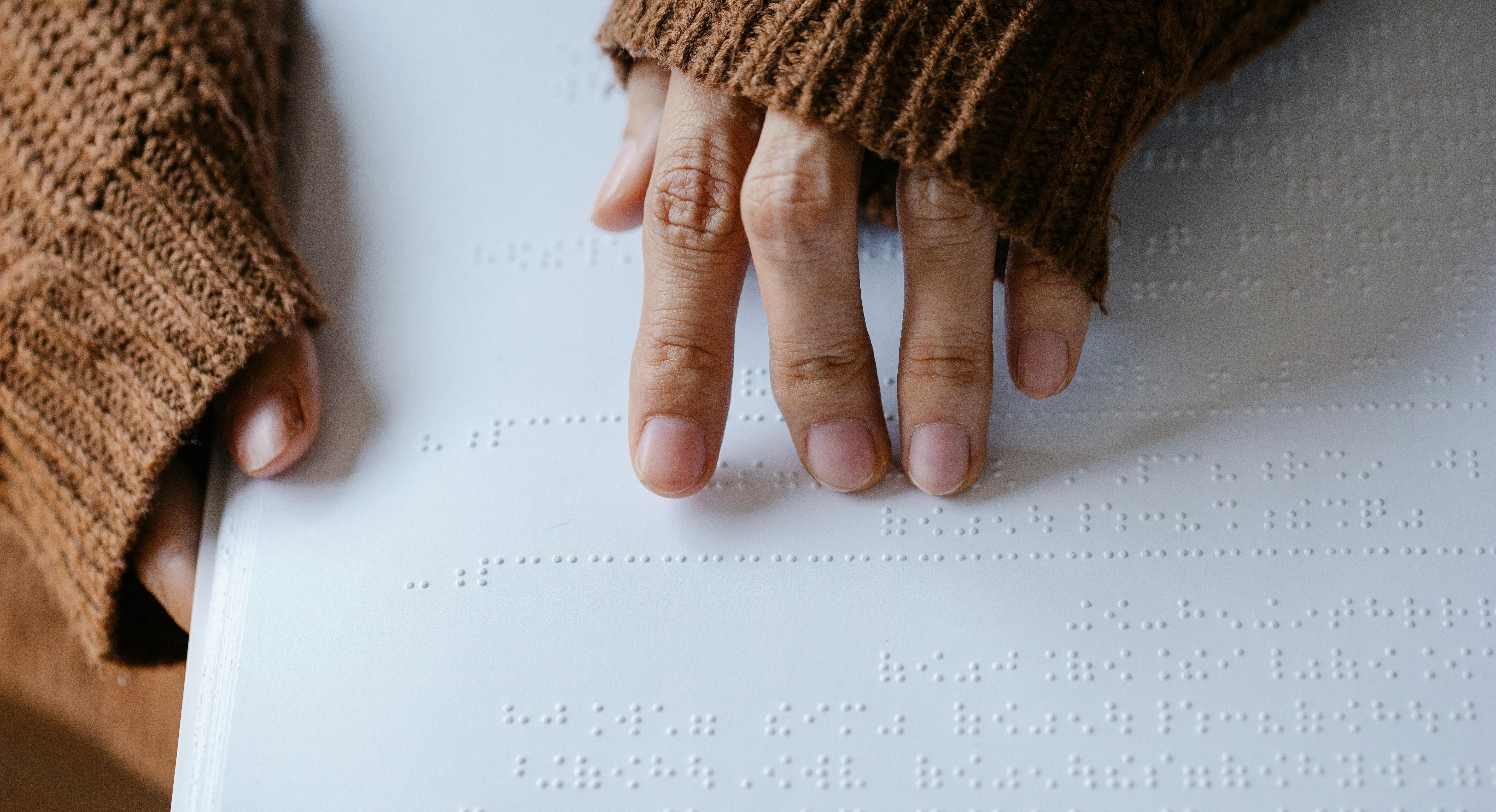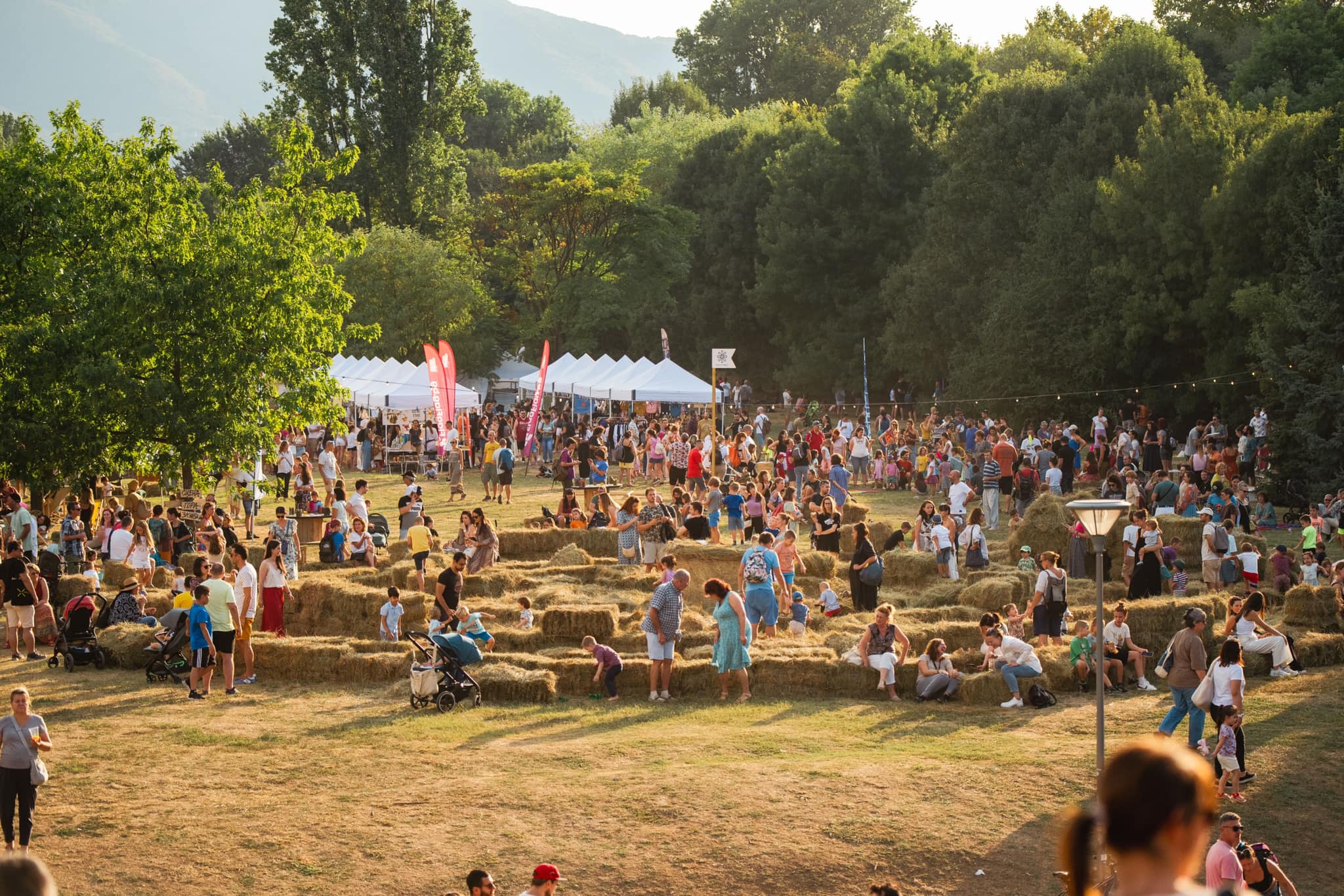
CAST
Culture trAnSforming communiTies and economies

Photo credits: Veliko Balabanov, Goran Šafarek
Why CAST?
The Danube Region has a rich cultural heritage – but it is not being utilised. Despite the area's vast cultural legacy, there is a significant gap in recognizing the potential of culture to act as a driving force for economic development and social inclusion. This is where CAST comes in: the project will enhance social inclusion through a new understanding of culture – not as a passive legacy, but as an active resource for innovation and cohesion. By building on existing knowledge, the project will shift the perception of culture from a static heritage to a dynamic cornerstone for building resilient, thriving communities, turning the EU's vision of a just and green transition into reality.
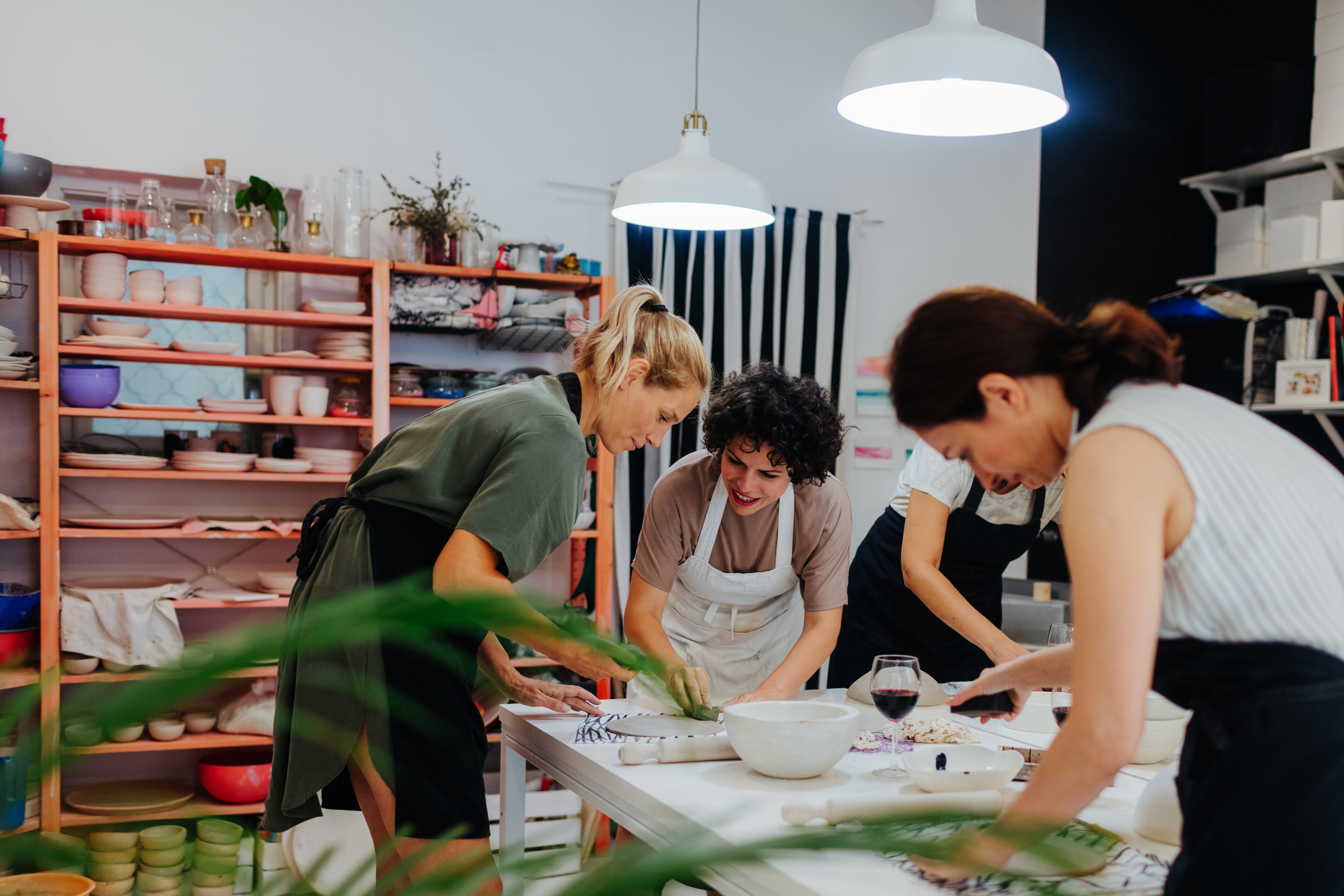
Learning and doing
CAST emphasises process-oriented implementation, building on the existing knowledge of project partners. Workshops, training sessions and study visits will empower culture and tourism professionals to implement change in their local communities. Based on initial results, the project will develop the CAST Model, a comprehensive framework offering tools and knowledge to develop socially inclusive services and sustainable tourism products that will bring communities together and support local development. With 11 pilot actions in 10 countries, CAST ensures that the model is adaptable to a range of cultural, geographical, and political contexts.
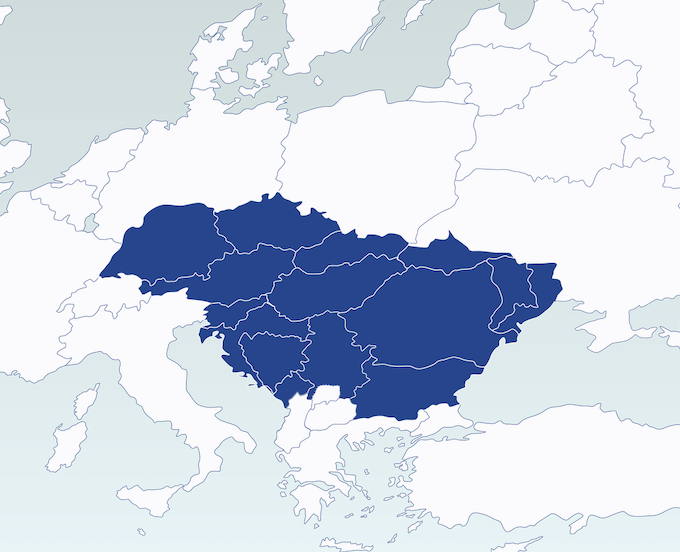
Transnational collaboration
Culture transcends national boundaries, making transnational collaboration essential. The project therefore brings together 14 project partners and 20 associated partners to co-create, test, and refine the CAST model. Its innovative, process-oriented approach aligns with EU values, ESG targets, and the EUSDR strategy, ensuring not only local empowerment but also long-term sustainability through the Action Plan 2027–2037. This plan paves the way for policy integration, funding mobilisation and strategic adoption across the region.
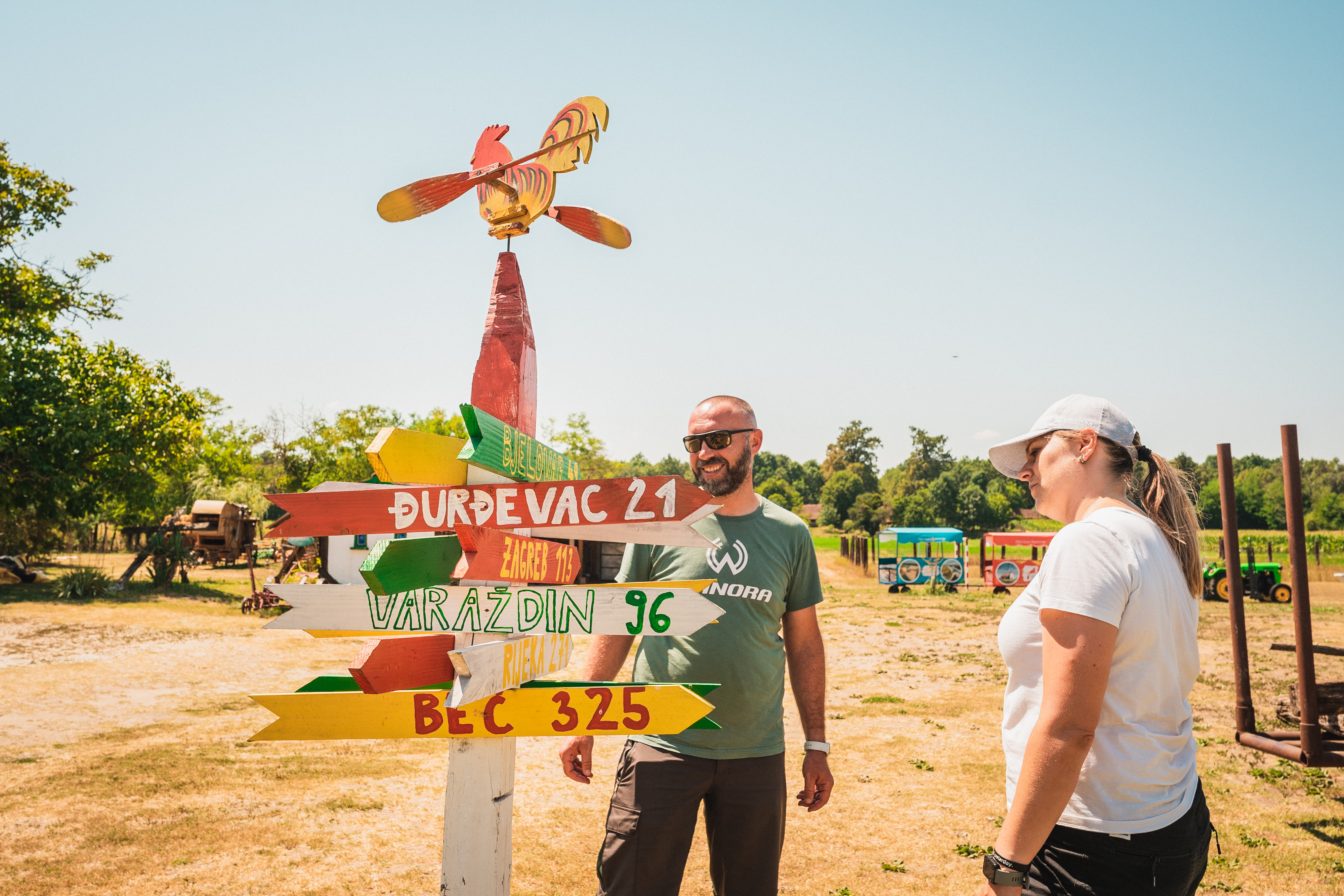
Pilot actions
- Iskriva, Slovenia: industrial (steel) heritage in the Koroška region
- Nice and homely, Slovenia: relevance of bees and beekeepers for culture and biodiversity
- Koprivnica Križevci County, Croatia: naïve art gallery road and Albergo Diffuso(“dispersed hotel”)
- Tourism Organization of Vojvodina, Serbia: accessible cultural and natural heritage in Novi Sad and Zone 021
- Urban Cult, Montenegro: accessible events
- Savaria Museum, Hungary: accessible museum district and jobs for vulnerable groups
- The Collective, Bulgaria: rebuilding identity in peripheral urban residential areas (Lyulin, Sofia)
- Transylvania Trust Foundation, Romania: heritage training programme and business opportunities in the Cluj-Napoca area
- Kolárovo, Slovakia: multicultural tourism
- National Inbound and Domestic Tourism Association of Moldova: community-based cultural festival
- Development Agency Zepce, Bosnia and Herzegovina: multiculturalism and natural resources for green business and tourism
News & Events
Read the most recent updates and explore the upcoming events.
Project overview
Need any help? Contact us!
